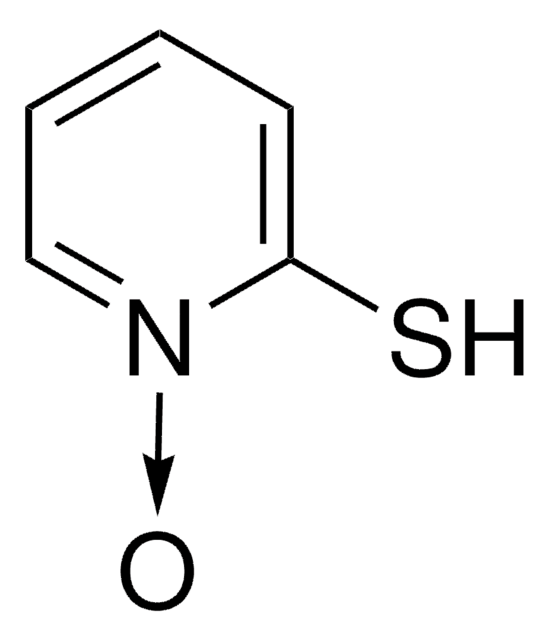C2150000
Cholecalciferol for system suitability
European Pharmacopoeia (EP) Reference Standard
Synonym(s):
Cholecalciferol, (+)-Vitamin D3, 7-Dehydrocholesterol activated, Activated 7-dehydrocholesterol, Calciol
About This Item
Recommended Products
biological source
synthetic
grade
pharmaceutical primary standard
Agency
EP
API family
cholecalciferol
form
solid
manufacturer/tradename
EDQM
technique(s)
gas chromatography (GC): suitable
liquid chromatography (LC): suitable
mp
83-86 °C (lit.)
application(s)
pharmaceutical (small molecule)
format
neat
storage temp.
−20°C
SMILES string
CC(C)CCC[C@@H](C)[C@@]1([H])CC[C@@]([C@]1(C)CCC/2)([H])C2=C\C=C(C[C@@H](O)CC3)/C3=C
InChI
1S/C27H44O/c1-19(2)8-6-9-21(4)25-15-16-26-22(10-7-17-27(25,26)5)12-13-23-18-24(28)14-11-20(23)3/h12-13,19,21,24-26,28H,3,6-11,14-18H2,1-2,4-5H3/b22-12+,23-13-/t21-,24+,25-,26+,27-/m1/s1
InChI key
QYSXJUFSXHHAJI-YRZJJWOYSA-N
Gene Information
human ... VDR(7421)
Looking for similar products? Visit Product Comparison Guide
General description
Cholecalciferol, also referred to as vitamin D3, promotes the absorption of calcium and phosphorus in the body to regulate bone growth. It is most commonly found in humans and animals and is produced in our skin when exposed to sunlight. It is used to treat and prevent bone disorders (such as rickets, osteomalacia).
Application
Biochem/physiol Actions
Packaging
Other Notes
related product
Signal Word
Danger
Hazard Statements
Precautionary Statements
Hazard Classifications
Acute Tox. 2 Dermal - Acute Tox. 2 Inhalation - Acute Tox. 2 Oral - STOT RE 1 Oral
Storage Class Code
6.1A - Combustible acute toxic Cat. 1 and 2 / very toxic hazardous materials
WGK
WGK 2
Flash Point(F)
Not applicable
Flash Point(C)
Not applicable
Choose from one of the most recent versions:
Certificates of Analysis (COA)
Sorry, we don't have COAs for this product available online at this time.
If you need assistance, please contact Customer Support.
Already Own This Product?
Find documentation for the products that you have recently purchased in the Document Library.
Customers Also Viewed
Our team of scientists has experience in all areas of research including Life Science, Material Science, Chemical Synthesis, Chromatography, Analytical and many others.
Contact Technical Service















